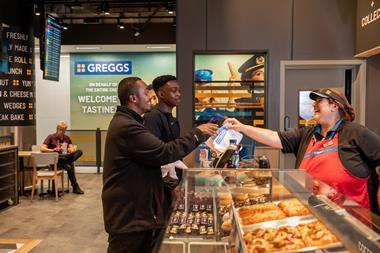Flicking through an old family album, I came across a photo of my grandfather circa 1940. A docker, the words "work-life balance" would have been utterly meaningless to him. He worked very hard, he got paid at the end of the week, and that was the extent of his relationship with his employer. Any time off or other rights that he enjoyed would have been won for him by his union or granted by government.
The idea underlying work-life balance, on the other hand, is that there is constant individual negotiation in the employment contract - by which I mean the informal, unwritten psychological contracts that we all work with as well as the bit of paper we sign when we start a new job.
Sometimes we willingly give up time, unpaid, to get a job done; in return we expect to be allowed to come in late to squeeze in, say, a doctor's appointment.
This emphasis on the primacy of the individual is a new. Past generations looked for collective solutions to employment problems - they worked to rule, went on strike. That's changed. Today only one in four employees belongs to a union.
I'm not arguing that unions have no role to play in work-life balance. The TUC's campaign - Changing Times - is devoted to the subject, and unions can play an important role in determining a framework of rights so employees can, say, request the right to work part-time. Government, too, plays a role in setting a level playing field.
These frameworks may be necessary conditions for people to find balance in their lives, but they aren't sufficient by themselves.
In the past 20 years there has been a massive shift of emphasis towards the individual in the employment relationship. That's partly down to the Thatcher government, which all but destroyed the unions and created a whole new framework of individual rights.
The UK has been moving fast down the path to individualism. You see it in reduced church attendance, fewer people choosing to vote, more people living alone, as well as in declining union membership and growing numbers of individual legal suits against employers. These days we don't take out our grievances by joining the picket line, we do it by going to see our solicitors.
My grandfather would never have dreamed of asking for time off to watch a school concert. In some ways I envy his solidarity with his workmates - but in every other respect today's workplaces are better places, where people are valued as individuals and treated as adults. At least, that's the way it's meant to be.
Steve Crabb is editor of People Management













No comments yet